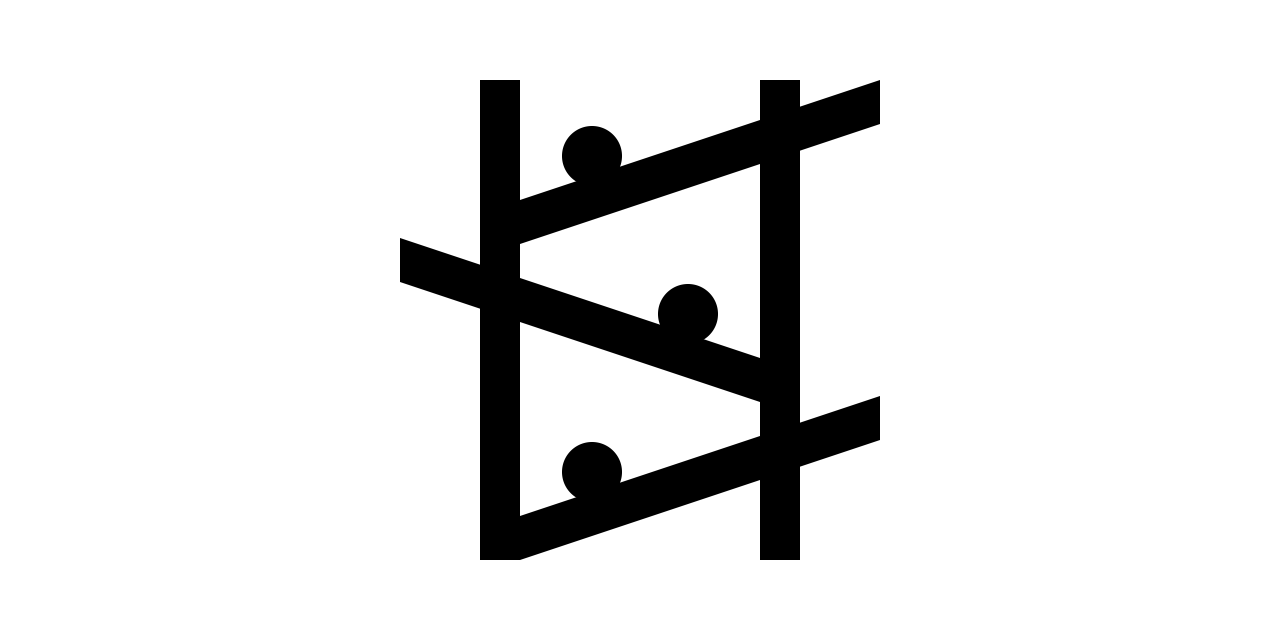
subscribable-things
A collection of reactive wrappers for various browser APIs.

This package provides factory functions which can be used to turn browser APIs into subscribable things. A subscribable thing can either be consumed directly with callback functions or by utilzing one of the popular libraries for reactive programming.
Usage
The subscribable-things package is published on npm and can be installed as usual.
npm install subscribable-things
It exports individual functions for each wrapped browser API which are described in greater detail below. They can either be used directly by providing a callback function ...
import { mediaQueryMatch } from 'subscribable-things';
const subscribe = mediaQueryMatch('(max-width:600px)');
const unsubscribe = subscribe((isMatching) => console.log(isMatching));
unsubscribe();
... or by utilizing a library for reactive programming like RxJS ...
import { from } from 'rxjs';
import { mediaQueryMatch } from 'subscribable-things';
const mediaQueryMatch$ = from(mediaQueryMatch('(max-width:600px)'));
const subscription = mediaQueryMatch$.subscribe((isMatching) => console.log(isMatching));
subscription.unsubscribe();
... or Callbags ...
import fromObs from 'callbag-from-obs';
import observe from 'callbag-observe';
import { mediaQueryMatch } from 'subscribable-things';
const source = fromObs(mediaQueryMatch('(max-width:600px)'));
observe((isMatching) => console.log(isMatching))(source);
... or XStream ...
import { mediaQueryMatch } from 'subscribable-things';
import { fromObservable } from 'xstream';
const stream = fromObservable(mediaQueryMatch('(max-width:600px)'));
const unsubscribe = stream.subscribe((isMatching) => console.log(isMatching));
unsubscribe();
... or Bacon.js ...
import { fromESObservable } from 'baconjs';
import { mediaQueryMatch } from 'subscribable-things';
const eventStream = fromESObservable(mediaQueryMatch('(max-width:600px)'));
const unsubscribe = eventStream.onValue((isMatching) => console.log(isMatching));
unsubscribe();
... or Kefir.js.
import { fromESObservable } from 'kefir';
import { mediaQueryMatch } from 'subscribable-things';
const stream = fromESObservable(mediaQueryMatch('(max-width:600px)'));
const subscription = stream.observe({
value(isMatching) {
console.log(isMatching);
}
});
subscription.unsubscribe();
It is even possible to consume subscribable-things as an async iterable by taking the little detour over RxJS and rxjs-for-await.
import { eachValueFrom } from 'rxjs-for-await';
import { from } from 'rxjs';
import { mediaQueryMatch } from 'subscribable-things';
const source$ = from(mediaQueryMatch('(max-width:600px)'));
for await (const isMatching of eachValueFrom(source$)) {
console.log(isMatching);
}
Also it's possible to output values directly to HTML via hyperf.
import h from 'hyperf';
import { mediaQueryMatch } from 'subscribable-things';
const element = h`<div>is matching: ${mediaQueryMatch('(max-width:600px)')}</div>`;
document.body.appendChild(element);
animationFrame()
function animationFrame(): SubscribableThing<number>;
This function wraps the requestAnimationFrame() method. It emits the current timestamp of each animation frame.
attribute(htmlElement, name)
function attribute(htmlElement: HTMLElement, name: string): TSubscribableThing<null | string>;
This function uses mutations() on the inside to emit the latest value of the attribute with the given name.
geolocation([options])
function geolocation(options?: PositionOptions): SubscribableThing<GeolocationPosition>;
This is a wrapper for the Geolocation API. It uses watchPosition() to gather the most recent GeolocationPosition whenever it changes.
intersections(htmlElement, [options])
function intersections(
htmlElement: HTMLElement,
options?: IntersectionObserverInit
): SubscribableThing<IntersectionObserverEntry[]>;
This function is a wrapper for the IntersectionObserver.
mediaDevices()
function mediaDevices(): SubscribableThing<MediaDeviceInfo[]>;
This function is a wrapper for the enumerateDevices() method of the Media Capture and Streams specification. It will also listen for the devicechange event to emit a fresh list of devices whenever they change.
mediaQueryMatch(mediaQueryString)
function mediaQueryMatch(mediaQueryString: string): SubscribableThing<boolean>;
This function is a wrapper for the matchMedia() method. It will emit a new value whenever the result of matchMedia() changes.
midiInputs(midiAccess)
function midiInputs(midiAccess: IMidiAccess): SubscribableThing<IMidiInput[]>;
This function returns the currently available MIDI input devices. It accepts a MIDIAccess object of the Web MIDI API.
midiOutputs(midiAccess)
function midiOutputs(midiAccess: IMidiAccess): SubscribableThing<IMidiOutput[]>;
This function returns the currently available MIDI output devices. It accepts a MIDIAccess object of the Web MIDI API.
metrics(options)
function metrics(options: PerformanceObserverInit): SubscribableThing<PerformanceEntry[]>;
This function is a wrapper for the PerformanceObserver as defined by the Performance Timeline Level 2 specification.
mutations(htmlElement, options)
function mutations(
htmlElement: HTMLElement,
options: MutationObserverInit
): SubscribableThing<MutationRecord[]>;
This function is a wrapper for the MutationObserver.
on(target, type, [options])
function on(
target: EventTarget,
type: string,
options?: boolean | AddEventListenerOptions
): SubscribableThing<Event>;
This function can be used to subscribe to events of a certain type dispatched from an EventTarget.
online()
function online(): SubscribableThing<boolean>;
This function wraps the onLine property of the Navigator and listens for the corresponding 'online' and 'offline' events on the Window to emit updates.
permissionState(permissionDescriptor)
function permissionState(
permissionDescriptor: PermissionDescriptor
): SubscribableThing<PermissionState>;
This function is a wrapper for the query() method of the Permissions API. It will monitor the permission status to emit a new state whenever it gets updated.
reports([options])
function reports(options?: IReportingObserverOptions): SubscribableThing<IReport[]>;
This function is a wrapper for the ReportingObserver of the Reporting API.
resizes(htmlElement, [options])
function resizes(
htmlElement: HTMLElement,
options?: IResizesObserverOptions
): SubscribableThing<IResizeObserverEntry[]>;
This function is a wrapper for the ResizeObserver of the Resize Observer specification.
unhandledRejection(coolingOffPeriod)
function unhandledRejection(coolingOffPeriod: number): SubscribableThing<any>;
This function emits unhandled rejections. It will listen for the unhandledrejection event to register possibly unhandled rejections. It will then wait for the cooling-off period to elapse before it emits the reason (aka the error) that caused the unhandled rejection. It is possible that a previously unhandled rejection gets handled later on in which case a rejectionhandled event will be fired. If that happens during the cooling-off period nothing will be emitted by this function.
videoFrame(videoElement)
function videoFrame(
videoElement: HTMLVideoElement
): SubscribableThing<{ now: number } & IVideoFrameMetadata>;
This function wraps the requestVideoFrameCallback() method of the given HTMLVideoElement. It emits the current timestamp combined with the VideoFrameMetadata object.
wakeLock(type)
function wakeLock(type: TWakeLockType): SubscribableThing<boolen>;
This function simplifies the usage of the Screen Wake Lock API. It emits true when a wake lock could be acquired and emits false once the wake lock gets released by the browser. As long as the subscription is alive it will continuosly try to get a new wake lock if the current one gets released.
Alternatives
There are two similar packages available which are based directly on RxJS. They are rx-use and rxjs-web.




